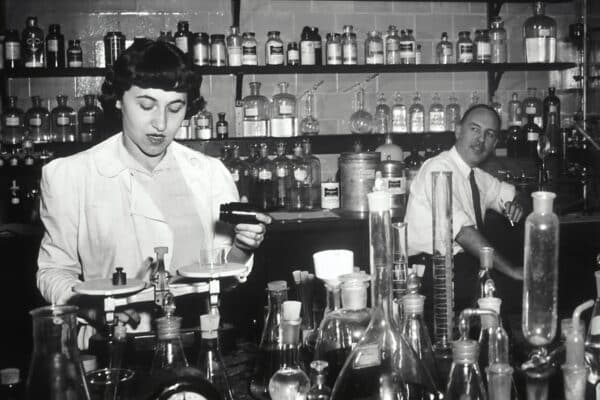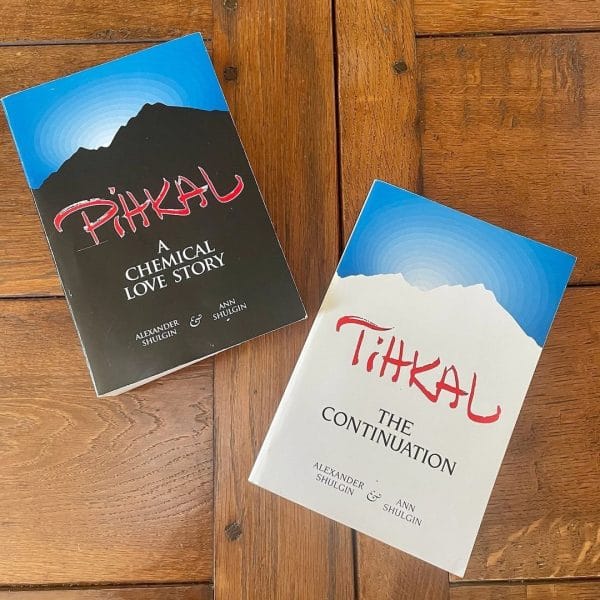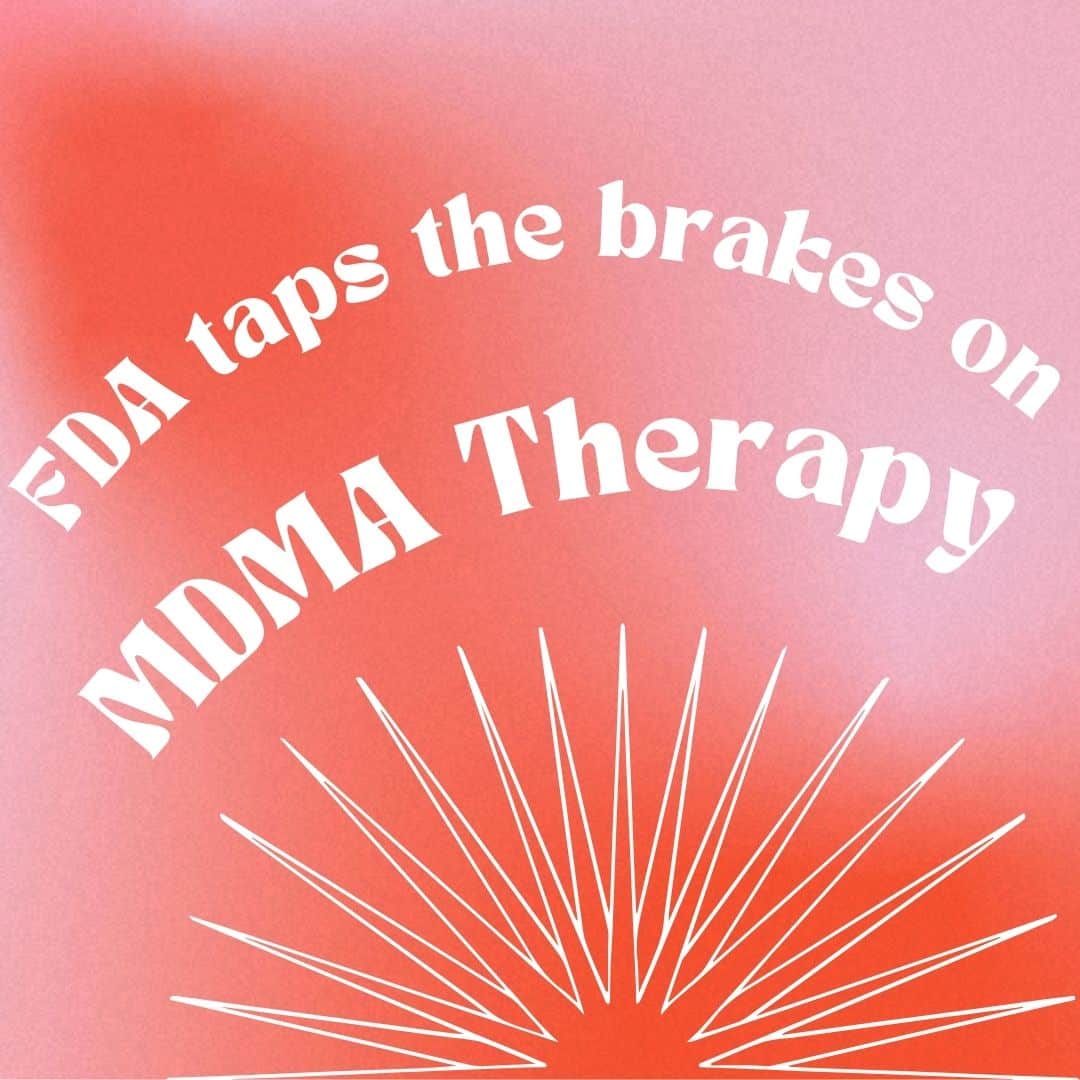More Clinical Trials for MDMA, says the FDA
The U.S. Food and Drug Administration (FDA) recently made a pivotal decision regarding the approval of MDMA (3,4-methylenedioxymethamphetamine) as a therapeutic treatment for Post-Traumatic Stress Disorder (PTSD). Despite a growing body of evidence supporting MDMA’s potential benefits when used in a controlled therapeutic setting, the FDA has decided to tap the brakes on MDMA treatment at this time, citing the need for further clinical trials. This decision, while met with both criticism and support, highlights the complexities and challenges inherent in integrating novel therapies into the medical mainstream.
Lykos Therapeutics — Key Advocates of MDMA-Assisted Therapy
Lykos Therapeutics, a company at the forefront of mental health innovation, has been a key player in advocating for MDMA-assisted therapy for PTSD. Their application to the FDA was built upon data from multiple Phase 3 clinical trials, which demonstrated significant potential for MDMA when combined with psychotherapy. In these trials, approximately two-thirds of participants who underwent three MDMA-assisted therapy sessions no longer met the criteria for PTSD, a compelling outcome that has attracted considerable attention from the medical community and advocates for alternative mental health treatments.
However, the FDA’s decision to withold approval pending further clinical trials, underscores its cautious stance on introducing new therapeutic modalities, especially those involving substances with complex histories like MDMA. The agency’s request for additional Phase 3 studies before granting approval is reflective of a broader, more conservative approach to the adoption of novel treatments. This decision, while disappointing to many, emphasizes the importance of thorough and comprehensive evidence in the drug approval process.
Criticism and Concerns: A Debate on Regulatory Standards
 The FDA’s decision has sparked a debate within the scientific and medical communities, with critics questioning the agency’s evaluation process. Notably, concerns have been raised about the composition of the advisory committee involved in the decision-making process. It has been noted that only one member of the committee possessed specific expertise in psychedelics, leading some to argue that the committee may have misunderstood or underappreciated certain aspects of MDMA-assisted therapy. This has ignited discussions about the adequacy of the current regulatory framework in assessing emerging treatments, particularly those that fall outside the conventional pharmaceutical model.
The FDA’s decision has sparked a debate within the scientific and medical communities, with critics questioning the agency’s evaluation process. Notably, concerns have been raised about the composition of the advisory committee involved in the decision-making process. It has been noted that only one member of the committee possessed specific expertise in psychedelics, leading some to argue that the committee may have misunderstood or underappreciated certain aspects of MDMA-assisted therapy. This has ignited discussions about the adequacy of the current regulatory framework in assessing emerging treatments, particularly those that fall outside the conventional pharmaceutical model.
MDMA remains classified as a Schedule I controlled substance in the United States, a category reserved for drugs with a high potential for abuse and no accepted medical use. This classification has historically impeded research into its therapeutic potential, despite anecdotal and clinical evidence suggesting otherwise. The stigma associated with MDMA, commonly known as ecstasy or molly in its illicit forms, has further complicated efforts to explore its medical applications. This history of recreational abuse, coupled with its current legal status, presents significant hurdles for researchers and clinicians who see promise in its therapeutic potential.
The Therapeutic Potential of MDMA in PTSD Treatment
The potential of MDMA to treat PTSD lies in its unique ability to facilitate emotional processing in therapy. Unlike traditional pharmacological treatments for PTSD, which often focus on symptom management, MDMA-assisted therapy aims to address the root causes of trauma. MDMA is known to induce feelings of empathy, openness, and emotional connection, creating a therapeutic environment where patients can explore traumatic memories without being overwhelmed by anxiety or fear.
This therapeutic approach is grounded in the idea that trauma is not merely a condition to be managed, but an experience that can be processed and integrated into one’s life with the right support. The results from clinical trials conducted by Lykos Therapeutics are promising, with many participants experiencing significant reductions in PTSD symptoms. However, the FDA’s insistence on additional trials highlights the necessity of establishing long-term safety and efficacy data. This demand for further research is not without merit, as it ensures that any new treatment introduced into the medical mainstream is backed by robust evidence.
Pioneers in Psychedelic Research
To fully appreciate the current landscape of MDMA research, it is helpful to know the pioneering work of Alexander and Ann Shulgin, often revered as the “godparents of ecstasy.” Their contributions to the field of psychopharmacology have had a profound impact on the understanding and exploration of MDMA and other psychoactive substances. Driven by a deep curiosity about the human mind and a belief in the therapeutic potential of psychedelics, the Shulgins’ work laid the foundation for the modern resurgence of interest in these substances.
Alexander “Sasha” Shulgin, a chemist and pharmacologist, is best known for his rediscovery and popularization of MDMA in the late 20th century. Although MDMA was first synthesized in 1912 by the German pharmaceutical company Merck, it remained largely forgotten until Shulgin encountered it in the 1970s. His interest in MDMA was sparked by its unique properties, which seemed to induce profound emotional openness and empathy without the intense hallucinations characteristic of other psychedelics.

Shulgin’s experimentation with MDMA, alongside his wife Ann Shulgin, a psychotherapist, was marked by a rigorous yet deeply personal approach. The Shulgins combined scientific methodology with personal experimentation, meticulously documenting their findings. This hands-on approach allowed them to explore the subjective experiences associated with MDMA and other psychoactive substances, providing invaluable insights into their therapeutic potential.
Their work culminated in the publication of two seminal books, PiHKAL (Phenethylamines I Have Known And Loved) and TiHKAL (Tryptamines I Have Known And Loved). These books are not merely chemical encyclopedias; they are also autobiographical accounts of the Shulgins’ journey through the world of psychedelics, offering a unique blend of chemistry, personal narrative, and philosophical musings on the nature of consciousness and the mind.
A foundation has been established in their name, https://shulginfoundation.org/, preserving their legacy and advancing the research.
MDMA: From Controversy to Therapeutics
The journey of MDMA from a little-known chemical compound to a potentially groundbreaking treatment for PTSD is a story of scientific discovery, cultural evolution, and ongoing controversy. MDMA’s history is marked by periods of intense interest and skepticism, reflecting broader societal attitudes toward psychedelics and their role in medicine. Initially synthesized in 1912, MDMA was not developed for any specific therapeutic purpose and remained largely ignored until the 1970s when Alexander Shulgin began experimenting with the compound. Shulgin’s rediscovery of MDMA and his subsequent advocacy for its use in psychotherapy opened the door to a new understanding of the drug’s capabilities.
MDMA’s effects on the brain are complex and multifaceted. The compound primarily acts by increasing the release of serotonin, a neurotransmitter associated with mood regulation, social behavior, and emotional processing. By enhancing serotonin levels, MDMA induces feelings of euphoria, empathy, and emotional openness, creating a state conducive to therapeutic work. In addition to its effects on serotonin, MDMA also influences the release of other neurotransmitters, including dopamine and norepinephrine, which play roles in reward, motivation, and arousal. This combination of neurochemical effects contributes to MDMA’s unique profile as a psychedelic substance that enhances emotional connection without the intense visual hallucinations associated with drugs like LSD or psilocybin.
The therapeutic potential of MDMA lies in its ability to create a supportive environment for patients to process traumatic memories. In the context of PTSD treatment, MDMA-assisted therapy involves a carefully controlled setting where patients receive the drug in conjunction with psychotherapy sessions. The goal is to help patients confront and work through their trauma in a way that is less overwhelming and more manageable.
A Path Forward
As the debate over the therapeutic use of MDMA and other psychedelics continues, the legacy of pioneers like Alexander and Ann Shulgin serves as a reminder of the importance of open-mindedness, scientific curiosity, and ethical responsibility in exploring the potential of these powerful substances. The Shulgins’ meticulous documentation of their experiences with MDMA provided a scientific basis for understanding its effects and potential uses, information that is now being revisited and expanded upon in modern clinical trials. The FDA’s decision, while a setback in the path for approval of MDMA-assisted therapy, but also reflects the rigorous standards required for introducing new treatments into the medical mainstream.
For more insight into the FDA decision and next steps for the future of this therapeutic medicine, see:
Rick Doblin Unleashed: https://maps.org/news/update/fda-decision-redoubling-of-maps-efforts-and-lykos-board-resignation/
Lucid News: https://www.lucid.news/fda-denies-the-lykos-therapeutics-application-for-mdma-at-for-ptsd/
Chacruna Institute: https://chacruna.net/fda-rejection-of-mdma-assisted-therapy-what-is-next-for-the-psychedelic-movement/

